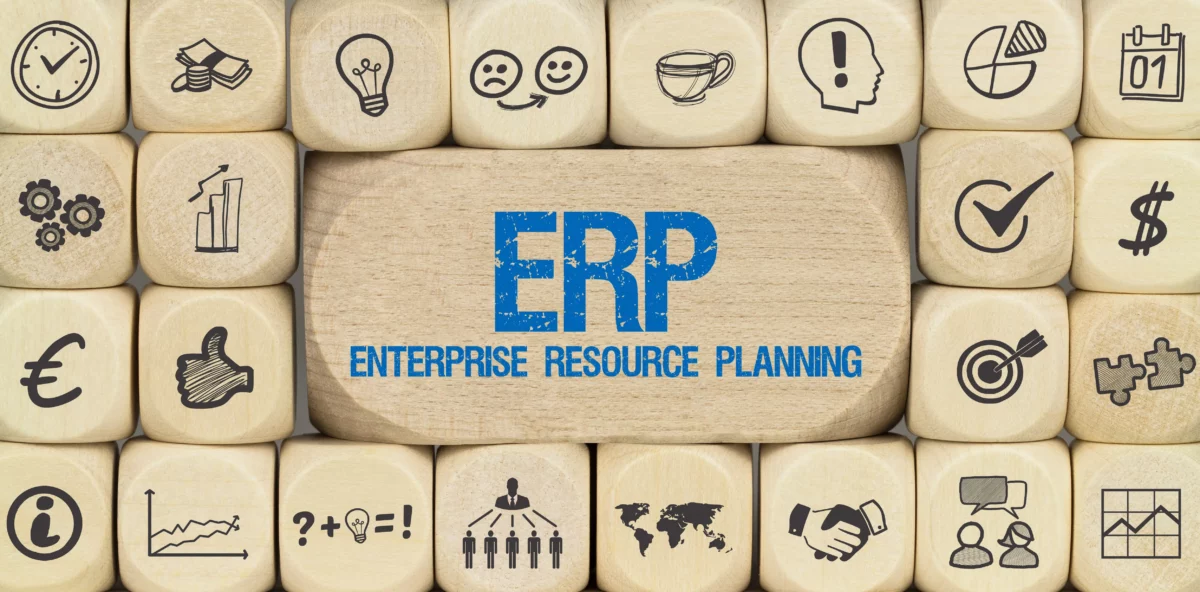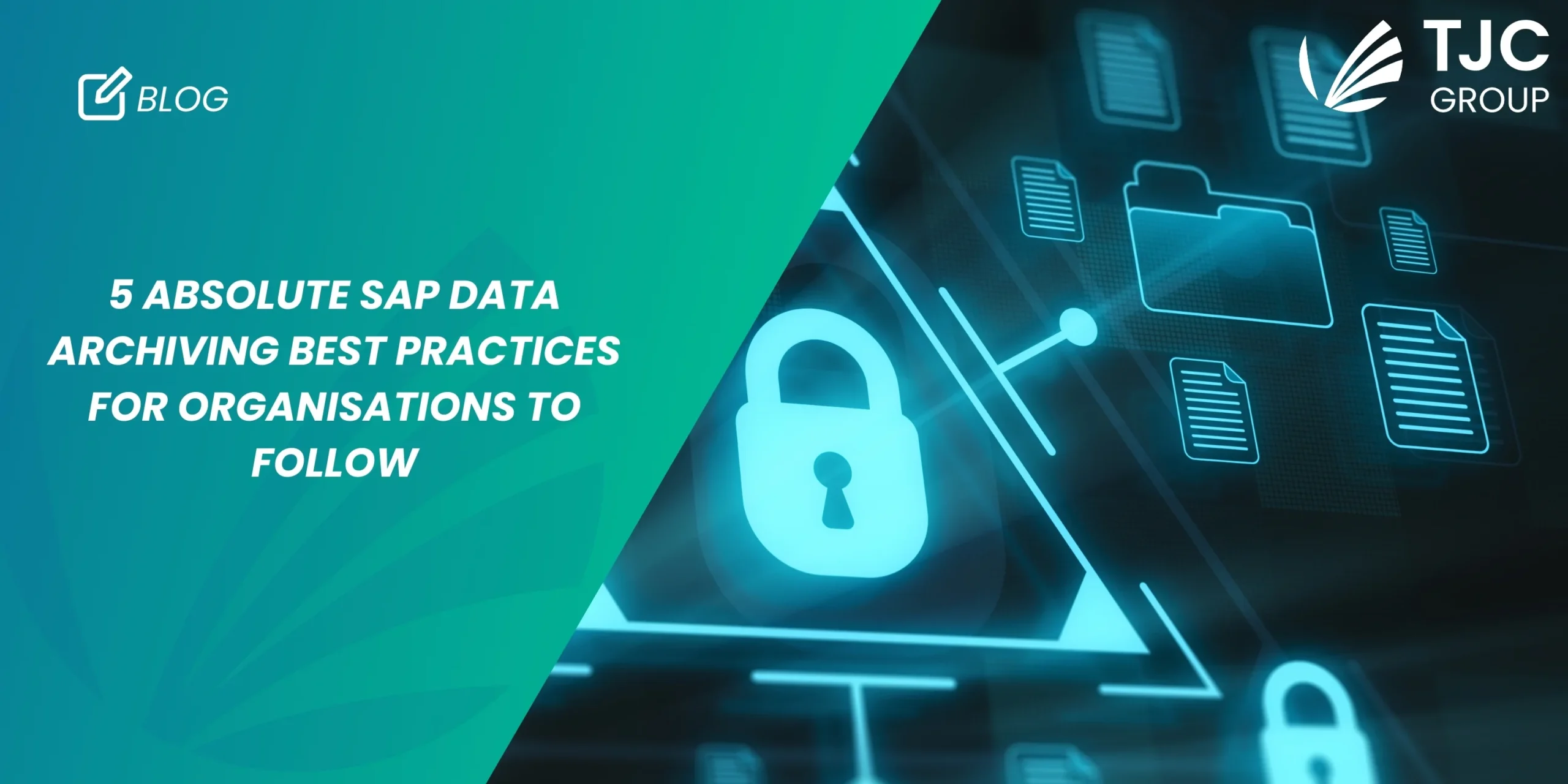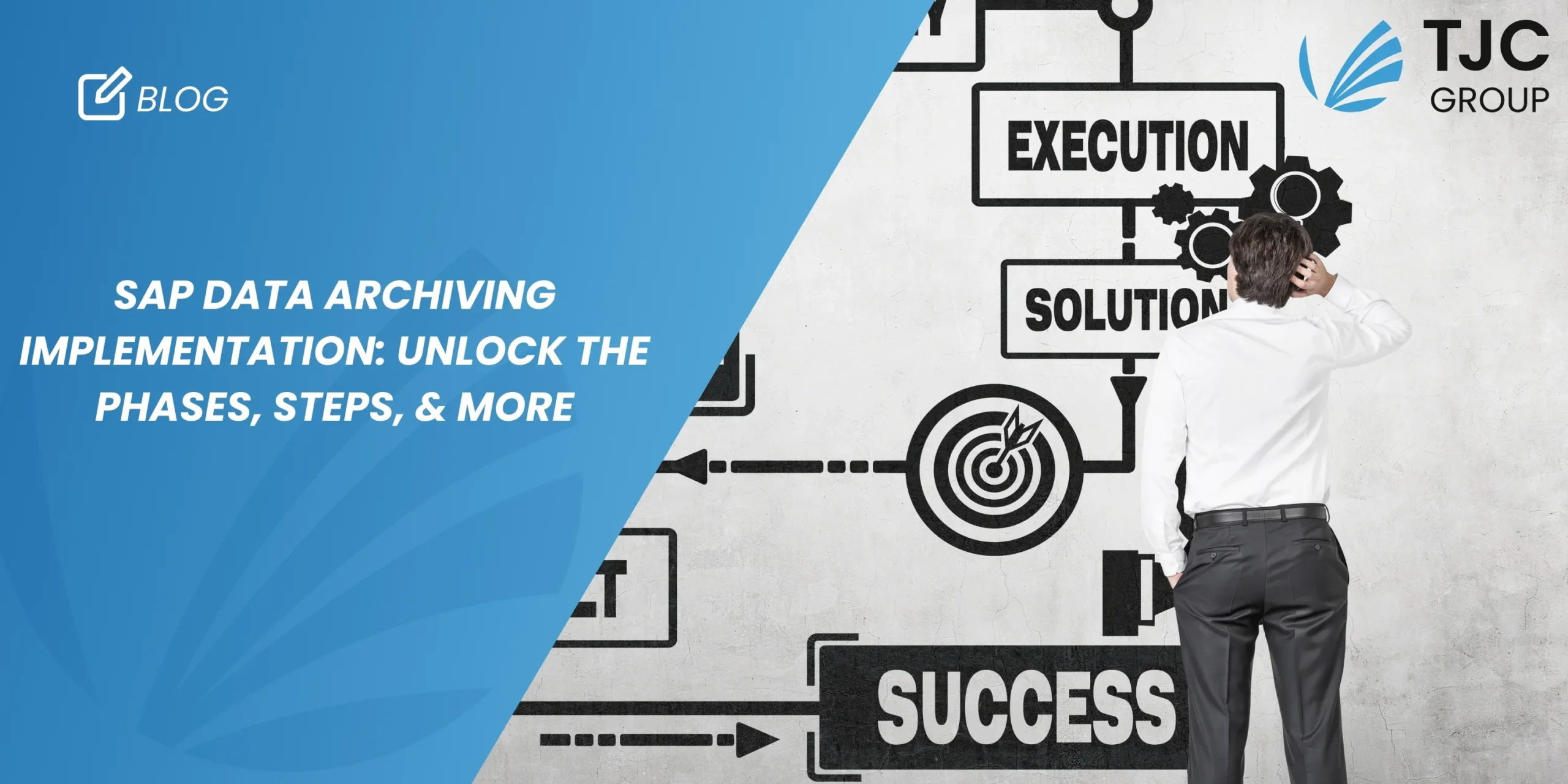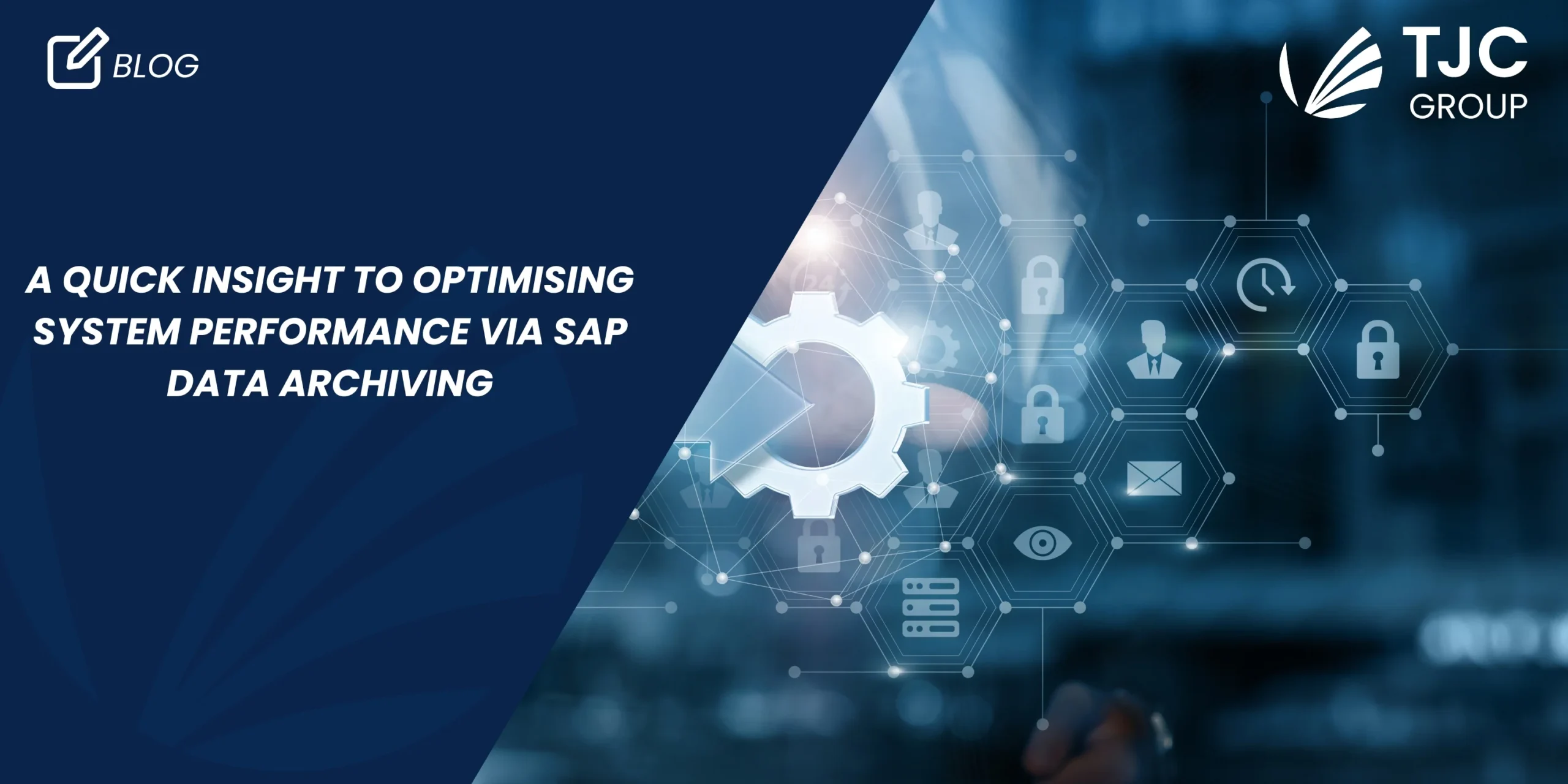Do you ever wonder what are the key indicators that can affect the functioning of your business? What risks arise due to the errors? Which software you must use for data management? This is where SAP ERP comes into the picture!
Implementing an SAP system is a great opportunity to drive a real business transformation. It helps to enhance your capabilities, streamline key processes, and move past outdated technologies and tools. However, implementing a project requires expertise and effort. To help you out, here is a quick guide on the best practices that you must follow for a successful SAP ERP implementation.
Best Practices for a Successful SAP ERP Implementation.
For a successful ERP implementation, you must look into the following factors:
- Focus on Process
Implementing an SAP ERP in your business will significantly impact the organization’s processes and people. It will be extremely crucial to give a deep thought to the risk, requirements and adjustments needed to sync the system and processes for better outcomes.
- Define a Power Team
An ERP implementation will significantly impact your entire organization and its work. It is crucial to identify a team of SAP key users that will spearhead the implementation in each area for a successful project. Power users will lead the adoption of the new system by helping out those users that are finding it difficult to adapt to change or posing resistance. Make sure the power users are trained in advance and have good communication and people skills.
- Partner with a Reliable Service Provider
Finding a reliable partner who can carry out the SAP ERP implementation process is crucial. If you need additional advice on your Data Management strategy once the implementation is completed, TJC Group can provide expert advice on SAP Data Archiving and ILM, data extraction for audit purposes, plus legacy archiving and decommissioning of SAP and non-SAP systems. .
- Train the users
It is paramount to provide detailed training to all business users. Each department would require specific training to understand how to use SAP ERP optimally.
- Setup Communication Flow
The SAP ERP implementation will not only impact a particular team but will have an impact on the whole organization. To convert your entire project into key milestones, it’s essential to build a communication flow to make everyone informed of what’s happening. A weekly review meeting can help in avoiding surprises.
- Test the System
Testing the system with real end-users will help you identify early-stage issues and fix them before the go live. Therefore, it is advisable that you do not forget to test the new system with your end-users.
- Keep Changes Under Check
For a successful SAP implementation, you must consider all the factors, expectations, and scenarios. Keep the change orders in check to ensure that your project scope doesn’t expand beyond a point and risks project delays.
- Process Evaluation and Optimization
Once you have started your SAP ERP implementation, you must keep an eye on operations and collect feedback to optimize the process and offer an efficient experience. This will enable you to face lesser hiccups in the long run.
- Data Governance
Data governance refers to managing the availability, usability, and integrity of data on the basis of internal policies. Doing this helps to ensure that the data is reliable. In addition, data governance helps to break down data silos problems.

Tips to Avoid Extra ERP Implementation Cost
SAP ERP implementation requires a lot of time, effort and financial support. To avoid unnecessary expenses, you must keep track of the total cost of ownership, match the business direction, and focus on the routine business processes.
Final Thoughts
Data is undoubtedly one of the most precious assets of a business. That is why Data Management is a fundamental aspect to be taken into account from the very beginning when planning an ERP implementation. TJC is here to help you all with its expertise and knowledge on the matter. We help our customers to manage SAP data volumes to optimize system performance.







